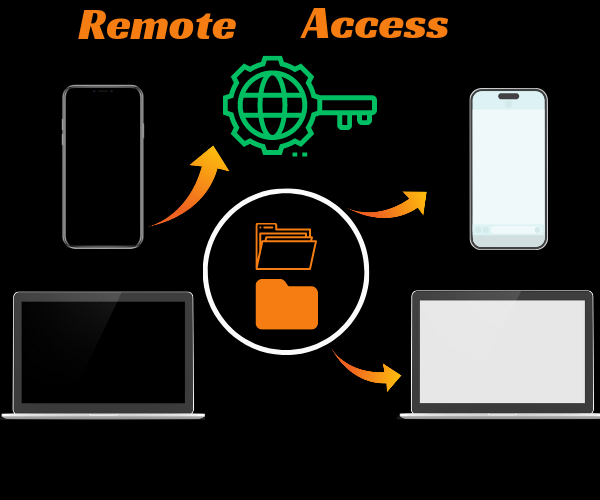
Understanding the Issue
In our beautifully connected world, our iPhones have become a fantastic extension of ourselves, keeping all our valuable and highly sensitive personal information safe and sound. As we become more dependent on these devices, it’s important to be aware of the potential risk of remote unauthorized access, which is a real and growing concern. Remote unauthorized access occurs when individuals who are not authorized gain access to your device without your permission. This can happen from anywhere in the world and can involve different methods and technologies.
What is Remote Access?
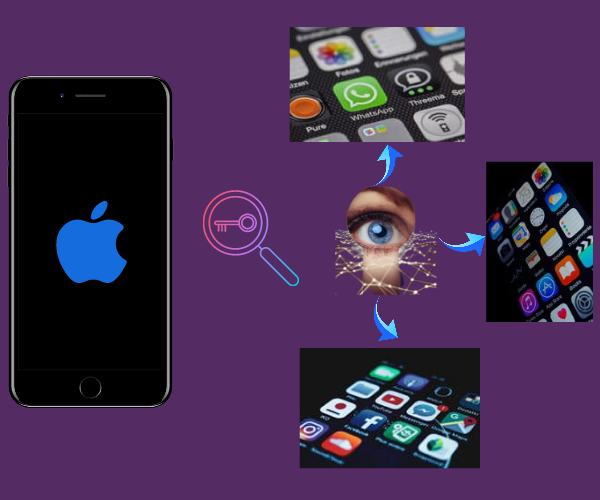
Remote access is when you can access a device or network from a different location. It’s pretty cool! But, if it falls into the wrong hands, it could potentially be used to access your data, listen to the conversations you have, or even monitor your location.
The Mechanisms of Remote Access
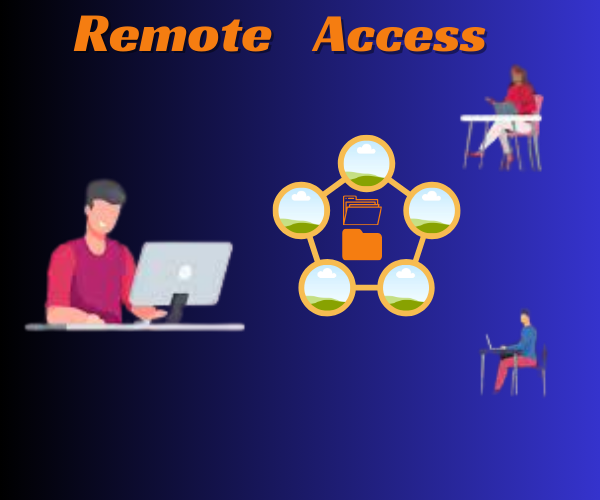
Remote access typically involves taking advantage of software vulnerabilities or using malware to gain unauthorized access to a device.
Just wanted to give you a heads up about some sneaky tactics that cybercriminals use. They might try to trick iPhone users with social engineering, phishing scams, and other deceptive methods. It’s important to stay vigilant and be cautious about granting access to your device or sharing sensitive information. Stay safe out there. They might even use advanced spyware or stalkerware, which are applications designed to work secretly in the background, gathering and sending data without the user’s awareness.
Nevertheless, there are many app, which will allows you to gain access of others devices. For example, AnyDesk is a app and it contains 8 digit unique code. You can easily give them access of your device by sharing this unique code number. If it will compromise with the wrong person, they can misuse your data. List of the such type of remote sharing apps given below. iphone control centre is another app to use sharing the data safe and securely for iphone.
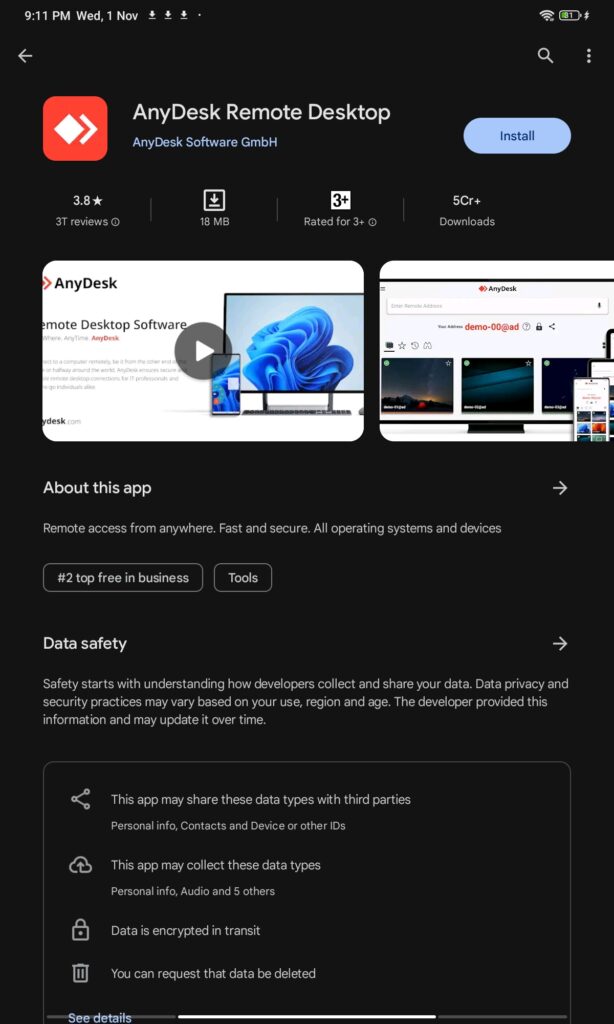
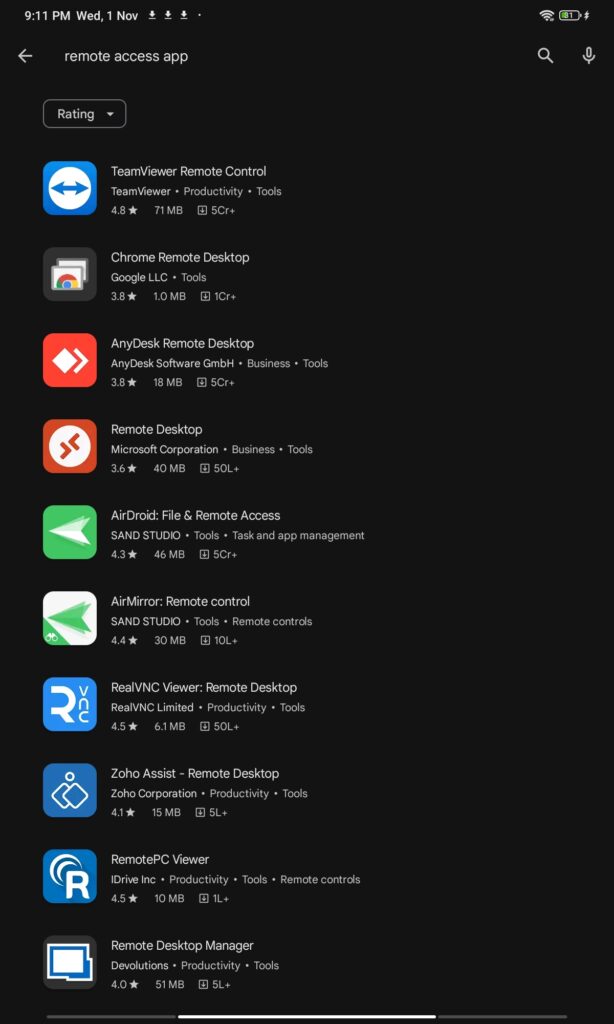
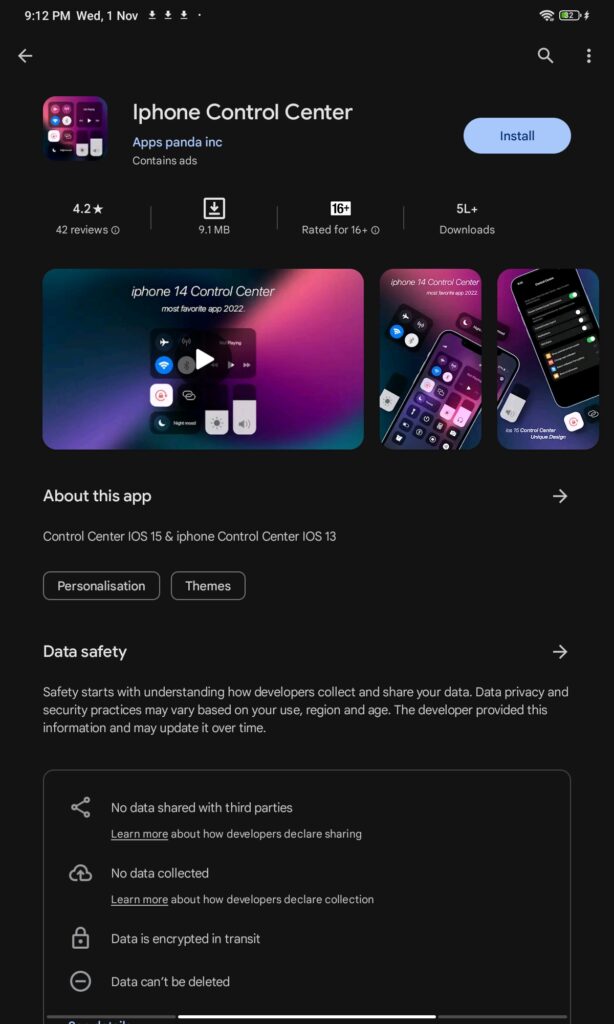
Detecting Remote Access: Key Indicators
Detecting remote access can be compared to playing a detective game, where you need to pay close attention to small changes in your device’s performance and behavior.
Unexpected Battery Drain
Rapid battery drain can sometimes be a sign of unauthorized activity. Spyware and other background processes might be using up a lot of power, which can make your device’s battery run out faster than usual.
Increased Data Usage
Spyware is designed to send the data it collects back to the cybercriminal. This data transfer can sometimes cause an increase in your device’s data usage. Hey there! If you’ve been noticing a sudden increase in your data usage, it might be a good idea to pay attention to it.
System Instability and Crashes
Another sign that someone may have accessed your system without permission is when you notice that your system becomes more unstable. You might notice that your iPhone crashes or freezes more often than usual. This instability might occur due to some malicious applications that mess with the way your system works.
Unusual Behavior of Applications
Another thing to look out for is if the app starts behaving strangely. Sometimes, apps can crash unexpectedly, behave a little strangely, or even show some pop-up ads. Sometimes, apps might ask for permissions that they don’t actually need for their regular functioning.
Tips for Protecting Against Remote Access Threats
Being proactive is super important when it comes to keeping your iPhone safe and secure! Here are a few steps you can take:
Regular Updates
It’s always great to stay informed and keep your device up to date with the latest iOS version for the best experience. Apple regularly releases updates to fix vulnerabilities that could potentially be used for remote access.
Strong, Unique Passwords
It’s really important to have strong and unique passwords for all your accounts. This will greatly enhance the security of your device. I recommend using a password manager to help you manage your complex passwords. It can make your online experience more secure and convenient.
Enable Two-Factor Authentication
Two-factor authentication (2FA) is a great way to enhance security! With 2FA, you can keep your account secure even if someone gets hold of your password. They would still need an additional authentication factor, such as a verification code and fingerprint, to gain iPhone access.
Only Download from Trusted Sources
Make sure to download apps only from trusted sources, such as the Apple App Store. Apps from unknown sources may have a higher chance of containing malware.
Taking Action in Case of Unauthorized Access
If you think your iPhone might have been compromised, here are some steps you can follow to address the situation:
Change Your Passwords
It’s a good idea to change all your passwords right away to help prevent any more unauthorized access.
Update Your Device
Make sure your device has the latest iOS version to keep it secure from any software vulnerabilities.
Reach Out to Apple Support
Please feel free to reach out to Apple Support for any further assistance you may need. Apple team is there to help you every step of the way! They can guide you through any additional steps you may need to take and offer personalized advice based on your specific situation.
In Summary
In summary, it’s really important to keep our iPhones secure in this digital age. It’s really important to understand the signs of remote access, take preventative measures, and know what to do if you suspect a breach.
FAQs
1. Can someone access my iPhone remotely without my knowledge?
Yes, if they have the technical knowledge and the right tools, it’s possible. However, Apple’s security features make it difficult.
2. How can I check if there’s spyware on my iPhone?
Look for signs such as unusual battery drain, unexpected data usage, or odd behavior of apps. If you suspect spyware, contact Apple Support.
3. Does resetting my iPhone remove potential remote access?
Yes, performing a factory reset removes all data and settings, including potential malicious software. However, remember to back up any important data first.
4. Can public Wi-Fi networks increase the risk of remote access?
Yes. Public Wi-Fi networks are often less secure, making it easier for hackers to access your device. Use a VPN if you must connect to a public network.
5. How often should I update my iPhone?
Regular updates are crucial for security. Whenever Apple releases a new update, it’s best to install it as soon as possible.